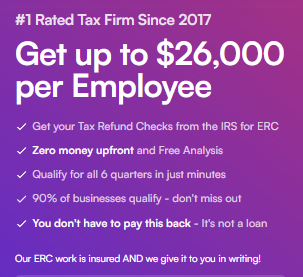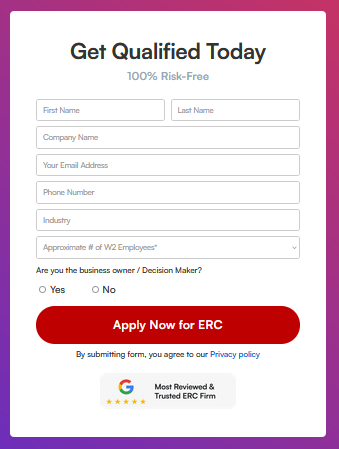Commercial property loans are essential for businesses looking to purchase or refinance real estate for their operations. When it comes to securing a commercial property loan, one of the most important factors to consider is the interest rate. Commercial property loan rates can vary significantly based on a variety of factors, so it’s crucial for borrowers to understand what they need to know before applying for a loan.
One of the key factors that can impact commercial property loan rates is the borrower’s credit score. Lenders typically offer lower interest rates to borrowers with excellent credit scores, as they are considered lower-risk borrowers. On the other hand, borrowers with poor credit scores may face higher interest rates or may even be denied a loan altogether. It’s important for borrowers to check their credit score before applying for a loan and take steps to improve it if necessary.
Another factor that can impact commercial property loan rates is the loan-to-value ratio (LTV). The LTV ratio is the amount of the loan compared to the value of the property being purchased. Lenders typically offer lower interest rates to borrowers with lower LTV ratios, as they are seen as less risky investments. Borrowers can improve their LTV ratio by making a larger down payment on the property or by negotiating a lower purchase price with the seller.
In addition to credit score and LTV ratio, lenders also consider the borrower’s debt-to-income ratio when determining commercial property loan rates. This ratio compares the borrower’s monthly income to their monthly debt payments, including the proposed loan payment. Lenders typically prefer borrowers with lower debt-to-income ratios, as they are more likely to be able to make their loan payments each month. Borrowers can improve their debt-to-income ratio by paying off existing debts or by increasing their income before applying for a loan.
It’s also important for borrowers to consider the type of loan they are applying for when considering commercial property loan rates. Fixed-rate loans typically have higher interest rates but offer predictable monthly payments for the life of the loan. On the other hand, adjustable-rate loans may have lower initial interest rates but can fluctuate over time, potentially causing monthly payments to increase. Borrowers should carefully weigh the pros and cons of each loan type before making a decision.
In conclusion, commercial property loan rates can vary based on a variety of factors, including the borrower’s credit score, LTV ratio, debt-to-income ratio, and the type of loan being applied for. It’s crucial for borrowers to understand these factors and take steps to improve their chances of securing a loan with a favorable interest rate. By doing so, businesses can secure the financing they need to purchase or refinance commercial properties and support their operations for years to come.








